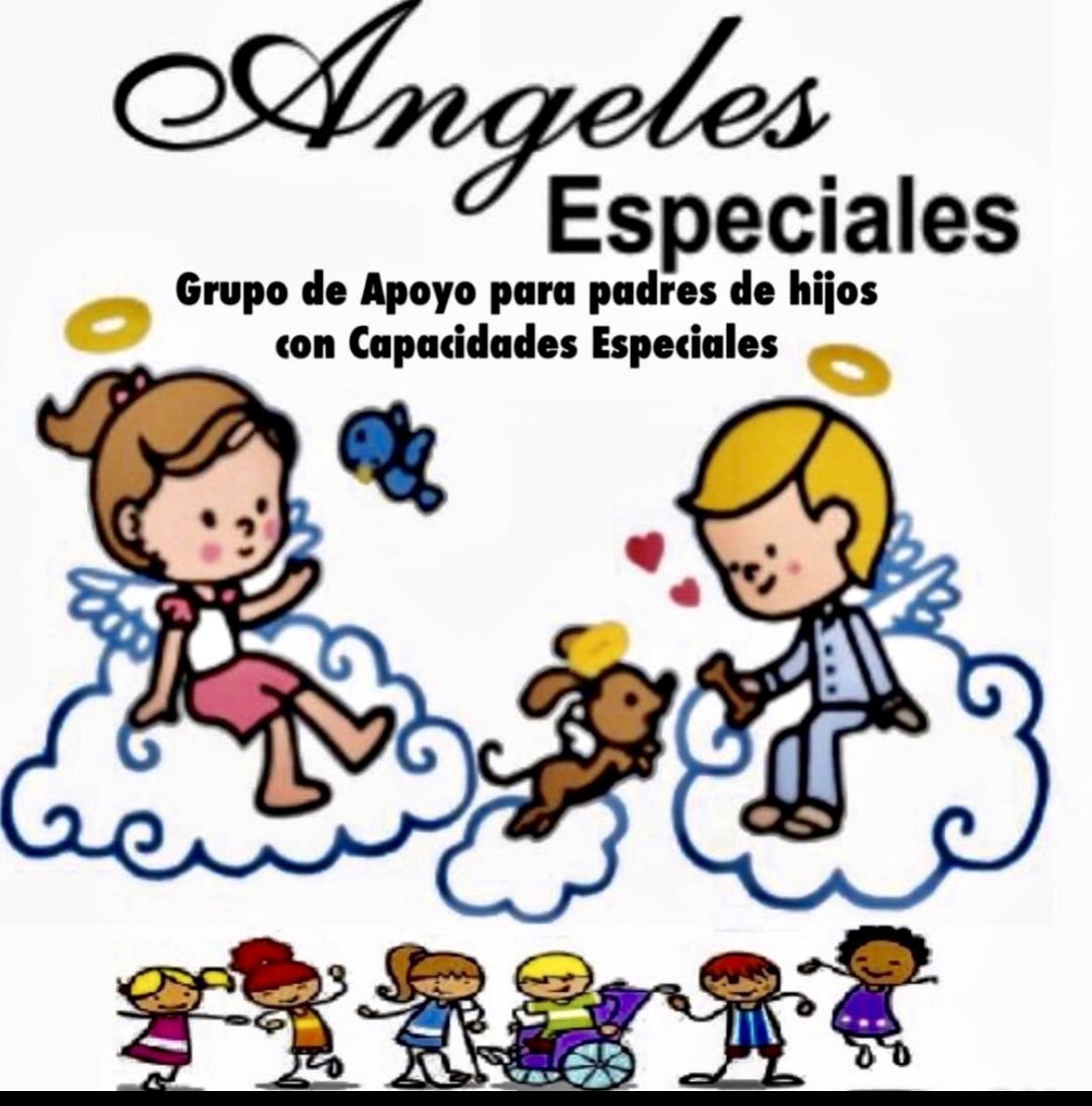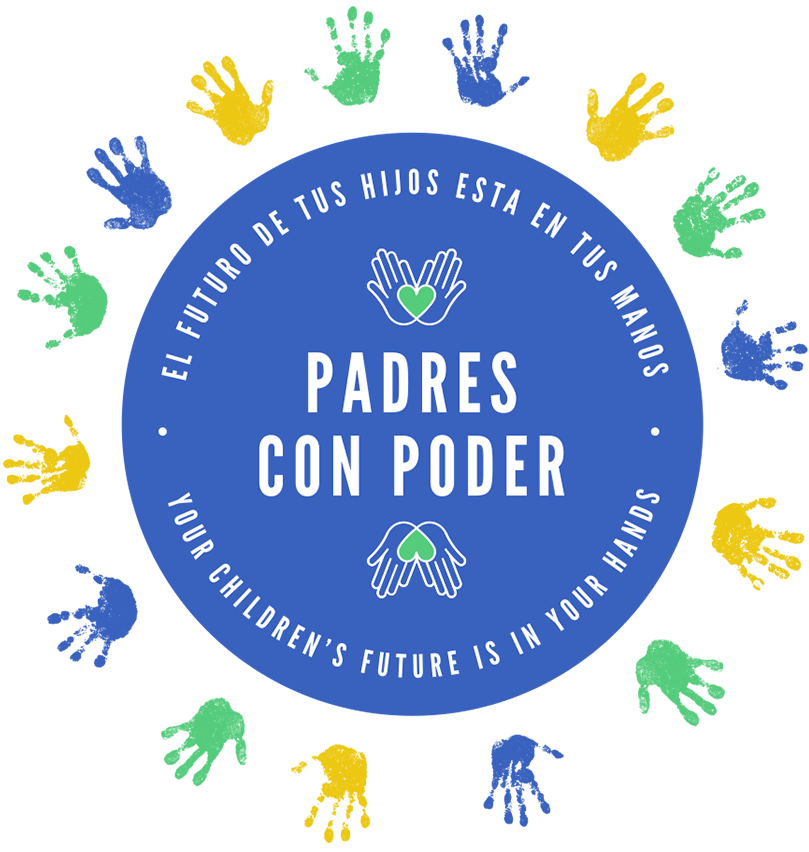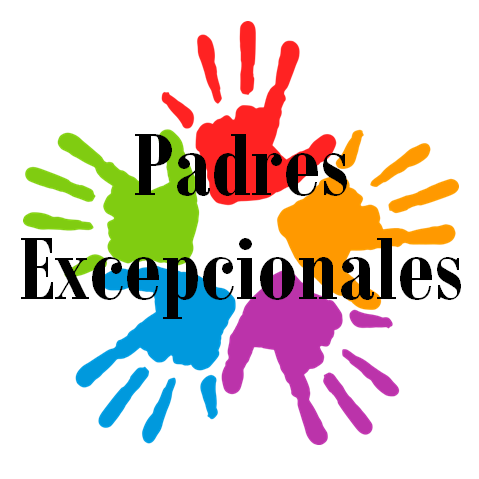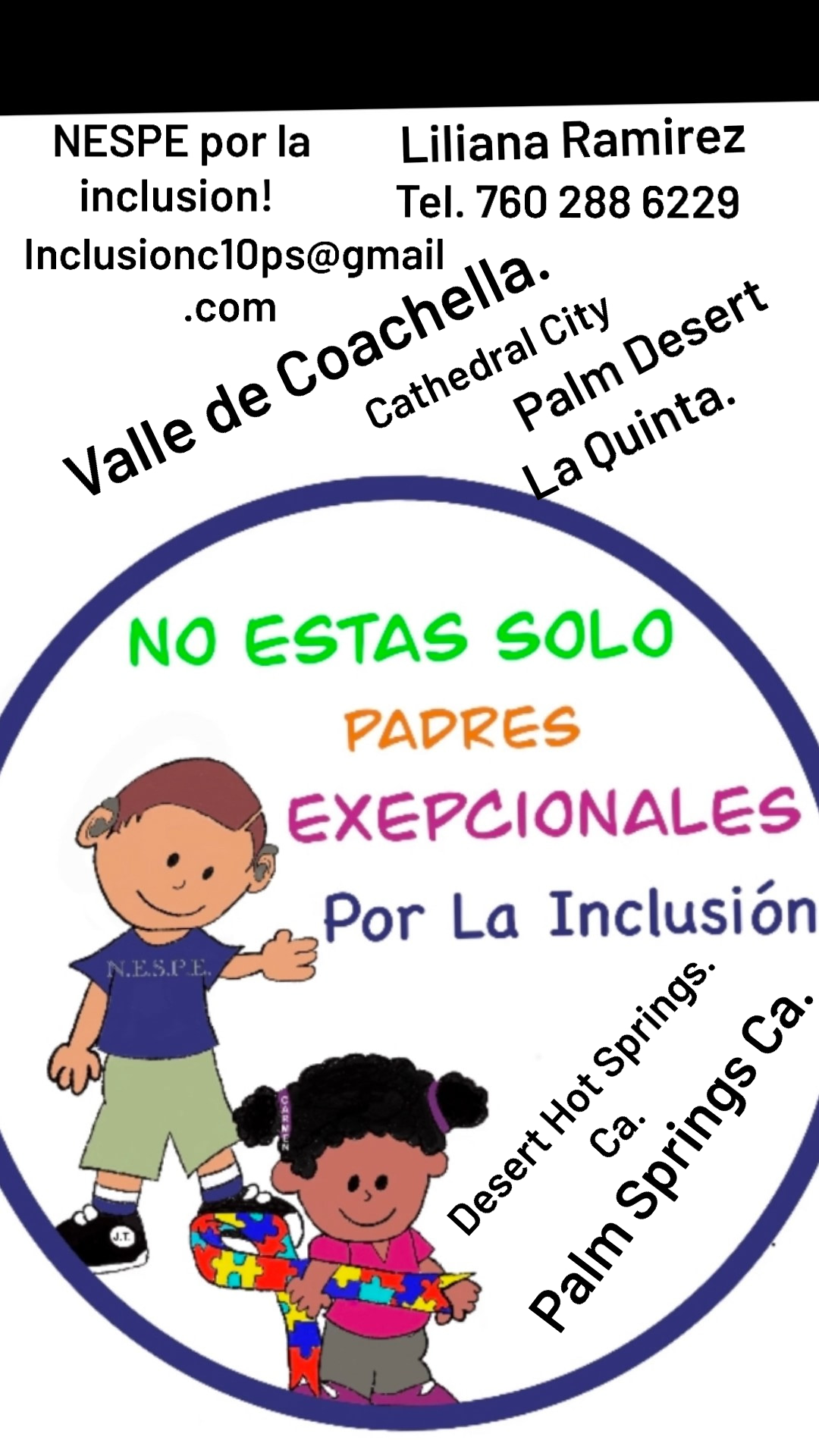Service Access and Equity (SAE)

Inland Regional Center (IRC) is mandated by The Lanterman Act, an important and beautiful piece of legislation that resulted from advocacy efforts driven by a group of parents seeking change. The Lanterman Act states that “people with developmental disabilities and their families have a right to get the services and supports they need to live like people without disabilities.” Equity and inclusion are at the heart of such efforts. IRC continuously strives to connect with the community and takes pride in creating projects and collaborations to continue working towards equity, inclusion, and cultural proficiency.
Our Efforts
Our service access and equity (SAE) efforts are focused on four major areas, clients of Hispanic ethnicity, clients with a primary diagnosis of Autism, clients whose primary language is Spanish, and clients of Black/African American ethnicity. IRC's SAE efforts are inclusive and available to all families; however, specific projects are culturally and linguistically geared toward closing the disparity gap among underserved populations.
The latest disparity numbers can be found at on our Accountability page, or using the links below:
All Ages – FY 21/22- FY-22-23
|
Disparity |
Total Clients 21/22 |
Total Clients 22/23 |
Clients Receiving POS |
Clients No POS |
Disparity Increase or Decrease |
|
Autism |
15,620 |
15,932 |
10,059 |
5,936 |
2.60% Increase |
|
Hispanic |
18,084 |
19,971 |
14,434 |
5,569 |
-1.30% Decrease |
|
Black African American |
4,268 |
4,512 |
3,380 |
1,138 |
-1.20% Decrease |
|
American Indian or Alaska Native |
101 |
105 |
69 |
36 |
-.40% Decrease |
|
Monolingual Spanish Speakers |
8,304 |
8,947 |
6,827 |
2,125 |
-.90% Decrease |
|
Cerebral Palsy |
1,285 |
1,243 |
858 |
386 |
-.50% Decrease |
|
Epilepsy |
545 |
535 |
377 |
158 |
-3.00% decrease |
Addressing Challenges
IRC acknowledges the needs and challenges in relation to service access and equity, so what is being done to address it?

Community-Based Organizations (CBO)
Community Based Organizations are partnering with IRC to promote equity and help close the disparity gap that exists in the utilization of services. The CBO programs available to the IRC community were made possible through SAE grants awarded by the Department of Developmental Services (DDS). Here is a brief description of each CBO and their 2021/2022 projects:
Click/Tap the titles below to view current CBO projects:
Upcoming CBO/SAE Events
Cultural Awareness and Diversity
Cultural Competency – A Tool for Equity
In December of 2020 IRC applied for a SAE grant from DDS for a project named “Cultural Competency – A Tool for Equity.” This project was approved in the Spring of 2021 and was launched June 1, 2021. This project allows IRC to put together cultural proficiency trainings and offer them to the different groups of individuals that surround a client’s life, such as parents, IRC staff, service providers, and the community. The goal of this project is to surround our clients with culturally proficient individuals and raise awareness of the importance of cultural proficiency when providing services or engaging our clients.
Cultural Specialist Collaborations
More information related to legislation that impacts the DD community can be found here:
- Blog: IRC Attends Virtual Grassroots Day
- Article: Legislature, Governor Approve Major Funding for DD System!
Frequently Asked Questions (FAQs)
IRC's Disparity Link team and the Cultural Specialist put together a list of frequently asked questions. This list of questions comes from CSC experiences with clients and outreach events where the Cultural Specialist connects with active and potential IRC families. FAQs can be accessed below:
Deaf and Hard of Hearing Cultural Specialist
In order to better serve our Deaf and Hard of Hearing Community, IRC has hired a new Cultural Specialist-- Estefania Pena! If you would like to contact Estefania, we have listed her contact information here. Stay tuned for an all-new Deaf and Hard of Hearing page, available soon on inlandrc.org.
Visit: Deaf and Hard of Hearing Page
Read more: Inland Regional Center’s New Deaf and Hard of Hearing Cultural Specialist
Estefania Pena, Cultural Specialist D/HH
Phone: (909) 332-3639
Email: [email protected]
Common IRC Language
As part of our commitment to strive towards equity, here is a list of common abbreviations that are often used as IRC language:
- ARCA – Association of Regional Center Agencies
- ASIE – Autism Society Inland Empire
- ASL – American Sign Language
- CAC – Client Advisory Committee
- CBO – Community Based Organization
- CLAP – Creating Leadership Among Parents
- CLASE – Colaboración, Liderazgo, Abogacía, Servicio y Educación,(Leadership, Advocacy, Service and Education)
- CP – Cerebral Palsy
- CSC – Consumer Services Coordinator
- DD – Developmental Disabilities
- DDS – Department of Developmental Services
- D/HH – Deaf and Hard of Hearing
- DEI – Diversity, Equity, and Inclusion
- DRC – Disability Rights California
- ESC – Emergency Services Coordinator
- GANAS – Genuine Animate Navigate Assist Succeed
- ICF – Intermediate Care Facilities
- ID/DD – Intellectual Disability/Developmental Disability
- IEP – Individualized Education Plan
- IHSS – In-home Support Services
- IPP – Individualized Program Plan
- IRC – Inland Regional Center
- LACC – Language Access and Cultural Competency
- NOA – Notice of Action
- OCRA – Office of Clients' Rights Advocates
- OT/PT – Occupational Therapy/Physical Therapy
- PBC – Parenting Black Children
- POS – Purchase of Service
- SAE – Service Access and Equity
- SCDD – State Council on Developmental Disabilities
- SDP – Self-Determination Program
- SSI – Supplemental Security Income
- VAC – Vendor Advisory Committee
IRC Cultural Specialist
IRC's Cultural Specialist works to promote diversity, equity, and inclusion within the community and helps to guide IRC's cultural awareness and diversity efforts.
For more information, please contact:
Mari Rodriguez
Office: 909-495-3710
[email protected]
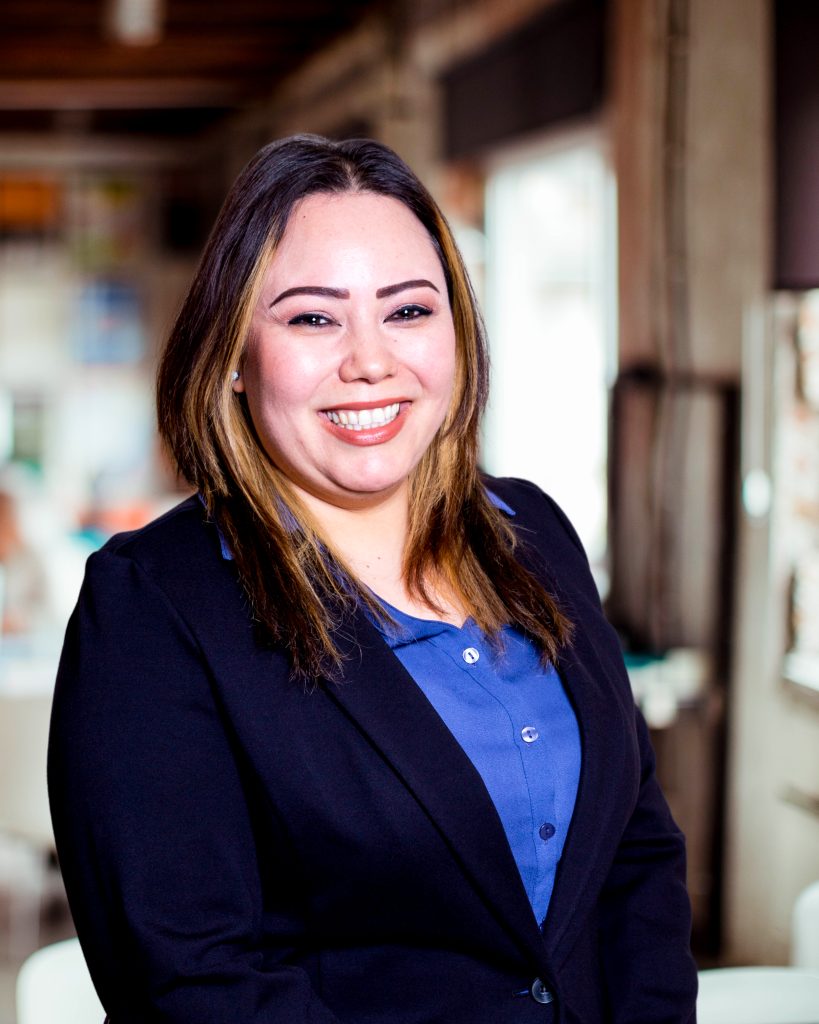
Quote of the month:
“Learn from yesterday, live for today, hope for tomorrow.”


